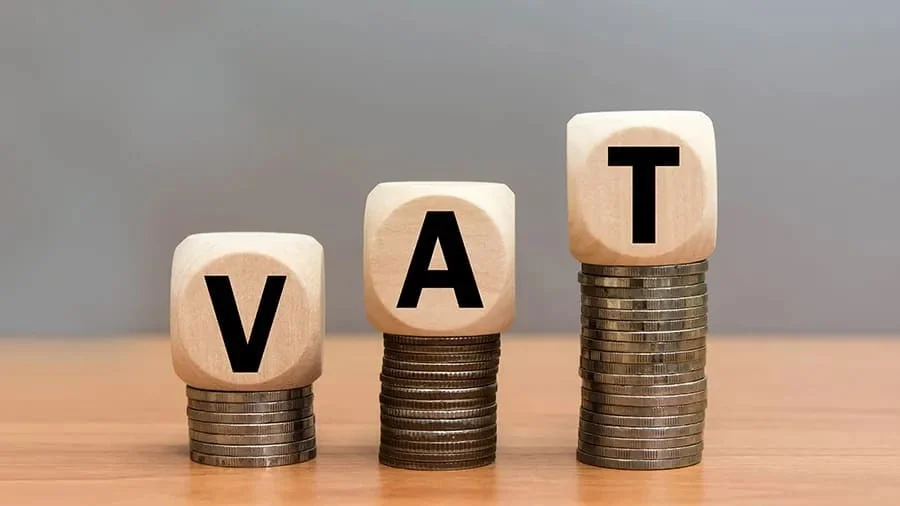Ghana has taken a major step in combating money laundering and financial crime by introducing AML guidelines for the forex bureau sector. The Bank of Ghana (BoG), in collaboration with the Financial Intelligence Centre (FIC), released the Anti-Money Laundering/Combating the Financing of Terrorism & the Proliferation of Weapons of Mass Destruction (AML/CFT&P) Guidelines on 28 February. These guidelines are effective immediately and aim to strengthen oversight, enhance compliance, and protect the financial system from illicit activities.
The document highlights that money laundering poses serious threats to Ghana’s financial stability and international security. It stresses the importance of robust monitoring and surveillance mechanisms in the foreign exchange bureau sector, which has been under increasing regulatory scrutiny.
Key Objectives of the AML Guidelines for the Forex Bureau Sector
The newly introduced AML guidelines for the forex bureau sector are designed to strengthen the fight against financial crime by ensuring strict regulatory compliance. The guidelines focus on three key areas:
1. Defining Regulatory Authorities’ Roles and Collaboration
The document outlines the responsibilities of competent financial authorities, emphasizing the need for coordinated efforts between the Bank of Ghana, the Financial Intelligence Centre, and other supervisory entities to ensure effective enforcement.
2. Establishing a Comprehensive AML Framework
Forex bureaux are now required to implement a structured AML/CFT&P compliance program, including internal monitoring systems, risk assessments, and financial reporting mechanisms. These measures aim to detect and prevent money laundering activities in the foreign exchange sector.
3. Strengthening Know-Your-Customer (KYC) and Due Diligence Processes
The guidelines enforce strict customer verification measures, requiring forex bureaux to enhance identity verification procedures, maintain detailed records of transactions, and promptly report suspicious activities to the relevant authorities.
How the AML Guidelines Impact Forex Bureaux Operations
The introduction of the AML guidelines for the forex bureau sector comes with several operational changes that businesses must comply with to avoid penalties and reputational risks.
1. Enhanced Compliance and Internal Controls
The guidelines mandate forex bureaux to establish internal controls and risk management strategies to identify, monitor, and report suspicious transactions. This includes:
- Implementing automated surveillance systems for real-time transaction monitoring.
- Conducting regular staff training on money laundering risks and compliance procedures.
- Keeping detailed transactional records for regulatory audits.
2. Customer Identity Verification and Record-Keeping
Forex bureaux must conduct thorough Know-Your-Customer (KYC) checks and maintain comprehensive records of all transactions. This ensures transparency and helps track illicit financial flows.
3. Reporting Suspicious Transactions
Under the new guidelines, forex bureaux must promptly report suspicious financial activities to the Financial Intelligence Centre (FIC). Failure to comply with these reporting requirements may result in severe penalties and legal actions.
Why Ghana’s AML Guidelines for the Forex Bureau Sector Matter
The AML guidelines for the forex bureau sector are part of Ghana’s broader strategy to prevent financial crime and protect the country’s economic stability.
1. Mitigating Money Laundering Risks
The forex bureau sector is particularly vulnerable to money laundering and illicit financial activities. These guidelines provide a structured framework to mitigate risks, ensuring that forex transactions are secure, transparent, and accountable.
2. Strengthening International Compliance
As global financial systems evolve, Ghana’s adoption of strong AML measures aligns with international financial regulations, reinforcing the country’s commitment to combating financial crime.
3. Enhancing Investor Confidence
A well-regulated forex sector promotes financial stability and investor confidence. By ensuring compliance with anti-money laundering standards, Ghana strengthens its reputation as a safe and transparent financial hub.
SEE ALSO: Egypt Expands Oil & Gas Exploration with New Licensing Round and Investments
Regional Efforts to Combat Financial Crime in Africa
Ghana’s AML guidelines for the forex bureau sector reflect a broader trend across Africa where nations are tightening financial regulations to curb money laundering.
1. Angola’s Stricter Reporting Requirements
In January 2024, Angola’s central bank introduced new reporting requirements to improve financial transparency and promote economic stability. These measures focus on enhancing monitoring and enforcement in financial institutions.
2. Nigeria’s AML Efforts
Nigeria has also ramped up its anti-money laundering initiatives, with the Central Bank of Nigeria (CBN) enforcing stricter financial compliance measures across banks and forex operators.
3. South Africa’s Regulatory Improvements
South Africa has been working closely with global financial watchdogs to strengthen AML/CFT frameworks, ensuring its financial sector remains resilient against financial crimes.
The Future of Financial Compliance in Ghana’s Forex Market
With the implementation of the AML guidelines for the forex bureau sector, Ghana is setting a new standard for financial integrity and transparency. Moving forward, we can expect:
- Stronger regulatory enforcement by the Bank of Ghana and Financial Intelligence Centre.
- More advanced monitoring technologies, such as AI-driven fraud detection systems.
- Increased collaboration with international financial bodies to align with global best practices.
As Ghana continues to tighten its financial regulations, forex operators must fully comply with AML requirements to avoid penalties and ensure a secure, well-regulated forex market.
A Step Forward for Financial Integrity
The release of Ghana’s AML guidelines for the forex bureau sector marks a significant step in the country’s fight against money laundering and financial crime. By implementing rigorous compliance measures, strengthening KYC protocols, and enhancing transaction monitoring, Ghana is reinforcing its commitment to financial transparency and security.
As the forex sector adapts to these changes, businesses must prioritize compliance and work closely with regulators to build a robust and trustworthy financial system.























